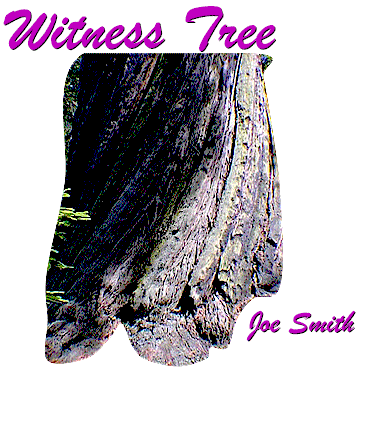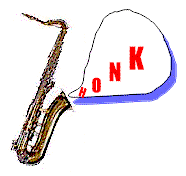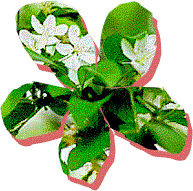|
||||
| John | ||||
| I thought of my friend, John, while listening to the ball game on the radio the other night. It was the bottom of the eighth in a scoreless pitcher's duel, the world outside my upstairs window disappearing in fog. The redwoods that skirt the meadow were already ghostly in the moonlight. Soon the meadow itself and the apple orchard would be devoured by the cloudy white breath of the sea, which most scientists agree was our ancient home, back in the days when life was just getting started. | ||||
| I wondered what the world might've looked like to John from the window of the AIDS ward, where I visited him once. The elevator doors opened and I stepped into a bright, empty hospital corridor painted with fresh laughter. It came from a room at the end, which turned out be John's. Emaciated, hollow-eyed, he sat up in bed, chortling to himself. His body seemed loose somehow, floppy, as though the sinews which used to hold it together had gone on strike. | ||||
| When I asked what was so funny, he told me his doctor had just been to visit him. John, said the doctor, sitting on the bed, taking the patient's hand in his, looking seriously into his eyes, I figure you have six months, at best. | ||||
|
||||
| I wonder what John saw from the windows of the ward. And later, after his mother brought him home to die, from a bedroom that still contained traces of his childhood music, riffs he discovered in his first forays on the saxophone, twenty years ago. It's said that AIDS often fogs the brain, the memory. | ||||
| Only the closest trees are visible now, a fairy ring of redwoods, any one of which could smash my house to splinters. None will fall, probably. Redwoods are sturdy. Wind, bugs or fire don't usually bring them down. | ||||
|
||||
| He wasn't much on baseball, John. The teams are unfair, he claimed, when I tried to explain the mysteries of box scores to him. How can Blue Jays beat Tigers? Orioles beat Pirates? And the Padres, with God on their side, lose to a bunch of muckety Dodgers? | ||||
| Now and then a redwood will topple. One crushed three apple trees in the orchard during a storm on Saint Valentine's Day, the same night I learned John was gone, but that was an unusual case. The redwood was growing next to a white fir, its roots tangled up with the fir's roots. A top-heavy fir, reaching up into the sky for light like a kid reaching for a cookie jar. Standing on tip-toe like that, it came down, bringing the redwood with it. | ||||
| Though the tree was only fifty yards away, I didn't hear it fall. I must've slipped into a sleep, deep as an ocean trench. The letter from John's mother on the table beside the couch was the first thing I saw in the morning. Then the long branches with their green flags of needles looming up out of the mist, like masts on a ship wrecked in the orchard. | ||||
| The Braves' pinch-hitter singles to open the ninth and the Giants call in their closer to protect their one-run lead. How do ordinary Braves stand a chance against Giants? | ||||
| The only redwood the storm knocked over would tumble right into the orchard. Even on its side, the bruiser, lying in a jumble of broken apple boughs and shattered trunks, dwarfed me. Before long the carcass would be sold, transformed into material for decks, and people would be walking on centuries of growth, glasses of Chardonnay or Pinot Noir in hand. | ||||
| Lots of white fir came down. Piss fir, millworkers call it, because of the acrid odor it gives off when sawed into lumber. Bucking the windfall fir, splitting the rounds into firewood, I figured I had at least a good two days of work ahead of me. But then, I don't know, I had the maul in my hands, I was staring at the fat cylinders of wood, and I thought AIDS, and I let the rounds have it --AIDS AIDS AIDS -- and the downed firs were ready to be stacked in someone's woodpile by noon, the forest quiet again after the scream of the chainsaw and the whack of the maul. | ||||
| Quiet again after the whack of the maul. The silence recalls John, the way he would let a note sing itself out after slamming it through the saxophone. Hot dog wrappers are blowing across a dark infield, the bleachers deserted, the closest redwood hidden in a sheath of fog. The way he loved minor sixths, each note a red carnation of a sun rising from the golden bell of his horn. It would be in the orchard. There's no place for the sun to go after midnight but up. Into the grave of night and out again, rising up over a jumble of smashed branches with the new leaves and first apple blossoms on them. | ||||
|
||||
Photo art & page design by Scott Martin |
||||



